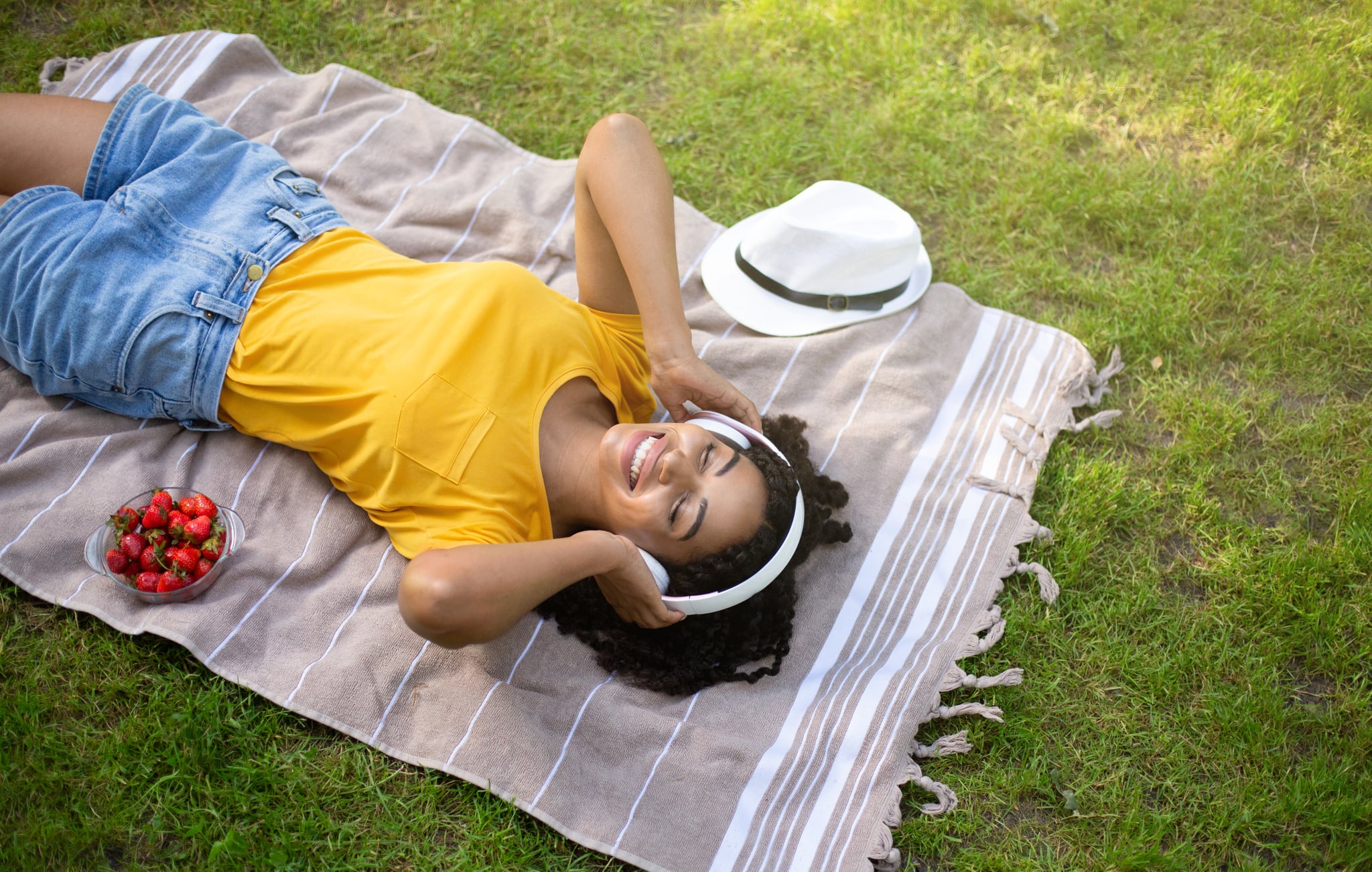
Imagine this: you’re on a brisk walk (it can be the beach, the city, mountains or whatever scenery you wish) and the breeze begins to pick up. You notice some people on a run; stopping to window shop; some are dressed in business attire, assumingely on their work commute. You’ve been listening to one of Lisa Jewell’s more recent thriller novels, Then She Was Gone, and the main character Laurel is seconds away from finding out what happened to her daughter Ellie when a car honks; you hear an ambulance in the distance; there’s a crunch and a snap as you step on a twig or piece of trash. The wind is stronger, causing the blood to rise to your cheeks. Your heartbeat is rising because after 300 or so pages you’re finally about to know how the storyline of all these characters are intertwined. Your destination is an estimated 15-minute walk away, which will take you to the end of the audio. Your pace quickens, hands sweating . . . everything is coming to a culmination at once.
After that how are you going to tell me audiobooks don’t count as reading? OK sure, listening to audiobooks may not tEchNiCAllY (*cue SpongeBob voice*) be reading since your eyes are not physically scanning the pages, but it still counts! At the heart of it, reading a book is absorbing all the information given to the reader—character development, the plot, the whole enchilada—from beginning to end and whether your eyes or ears are doing the work, who cares? Because either way, you finished it and more importantly, understood the book.
Apart from the obvious that for some, the only way they can squeeze in time to read is by listening to audiobooks, they can be more enjoyable to consume as well. For example, did you know you could download audiobooks narrated by celebrities? Sign me up to listen to Meryl Streep read Nora Ephron’s Heartburn! Or The Great Gatsby narrated by Jake Gyllenhaal? Heck yes! Not to mention, audiobooks are way lighter to carry around.
Still not convinced? In a 2016 study, 91 participants were randomly assigned into different groups to read the preface and a chapter from a non-fiction book. Whereas some had audio, others were given the material to read but the study proved that both groups were able to comprehend and recall the material equally.
Furthermore, there are also a lot more intimacies and details that go into audiobooks. These allow our imagination to visualize the book easier such as with the narrator’s tone, rhythm, word pacing, or if their voice goes octaves higher or lower during certain scenes. Likewise, with multiple characters it can be helpful hearing from both a male and female’s perspective voice to better envision what the author is trying to convey, especially in romance novels. The feelings of excitement, mystery, horror, and heartbreak don’t go away. If anything, audiobooks heighten all those emotions.
Let us not forget that way back, stories were passed down from word of mouth, which required strong listening skills. If you really think about it (in an odd way), the generations before us where essentially preliminary versions of audiobooks.
Now, you’re going to tell me that audiobooks don’t count as reading? I will call you on your BS that you’ve never experienced the above. Am I right? Thought so.
Image Source: Getty / Prostock-Studio
